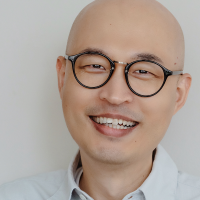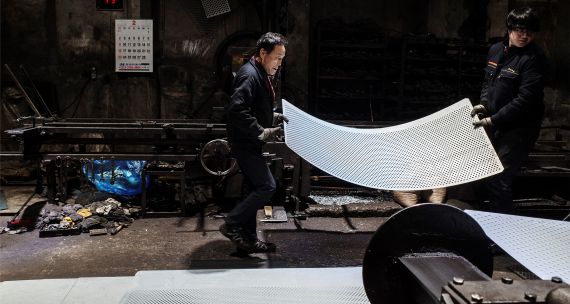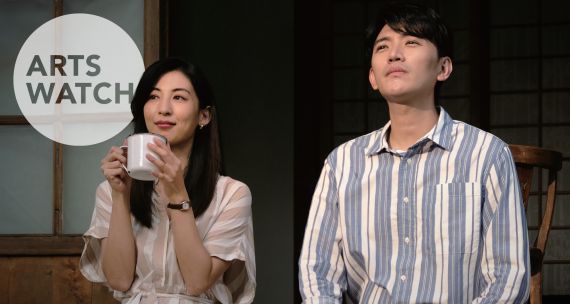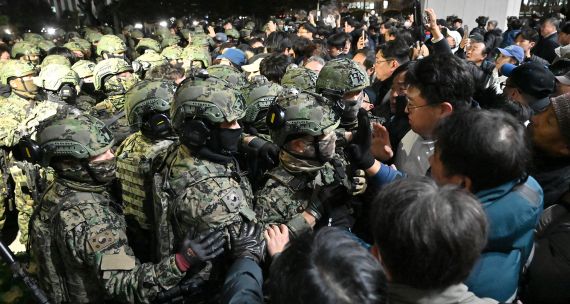Synopsis
Released across Canada in April 2023, Riceboy Sleeps is a heart-rending exploration of the tales of So-young and Dong-Hyun, a mother and son who migrated from South Korea to Canada. While the film unfolds as the narrative of a Korean single mother (So-young) navigating a new chapter of life in an alien land following her husband’s suicide, it arguably encapsulates broader pan-Asian sentiments. These sentiments resonate powerfully, offering emotional touchstones for a broad range of viewers within the expansive Asian diaspora. The universality of this shared Asian immigrant experience was palpable when the film was showcased at the Vancouver Taiwan Festival in September.
Symbols That Transcend Borders
In 2023, queues of customers inside Trader Joe’s stores in the U.S. are clamouring for ‘kimbap,’ a Korean-style seaweed-covered rice snack, which has gone viral on social media. In the film, however, in a nondescript school in Canada in 1990, young Dong-Hyun surreptitiously discards the kimbap lunchbox lovingly prepared for him by his mother, as his food has become the subject of ridicule and sometimes violence. He could not have possibly fathomed the weight of his actions, for this delicacy is not just food but an emblem of cultural identity and familial ties.
Dong-Hyun’s bedroom, no matter the point in time, is filled wall-to-wall with images of sailing ships. The ship motifs symbolize pre-national entities as he sails the turbulent waters of cultural duality, akin to explorers venturing onto new frontiers like Canada. Just as the ships sail in search of new lands and destinies, Dong-Hyun is on his own journey, navigating the vast waters of cultural identity and belonging.
A Tapestry of Emotional Landscapes
On a particular day in 1990, Dong-Hyun weeps after facing disciplinary action at school. So-young tells him that a man cries only three times in his life: when he is born and when each of his parents passes away. However, this saying is traditionally nuanced differently in South Korea: a man cries at his birth, upon the passing of his parents, and when his homeland is taken from him. Considering So-young’s circumstances, one could understand why she might have overlooked the point about the loss of one’s homeland. Being a single mother in a society like South Korea, which was once very unaccommodating of such circumstances, she had no choice but to turn her back on her native land for Dong-Hyun’s sake. The film masterfully employs this cultural proverb not only to highlight the struggles of adaptation and sacrifice but also, perhaps, as a foreshadowing device – a subtle allusion to impending loss.
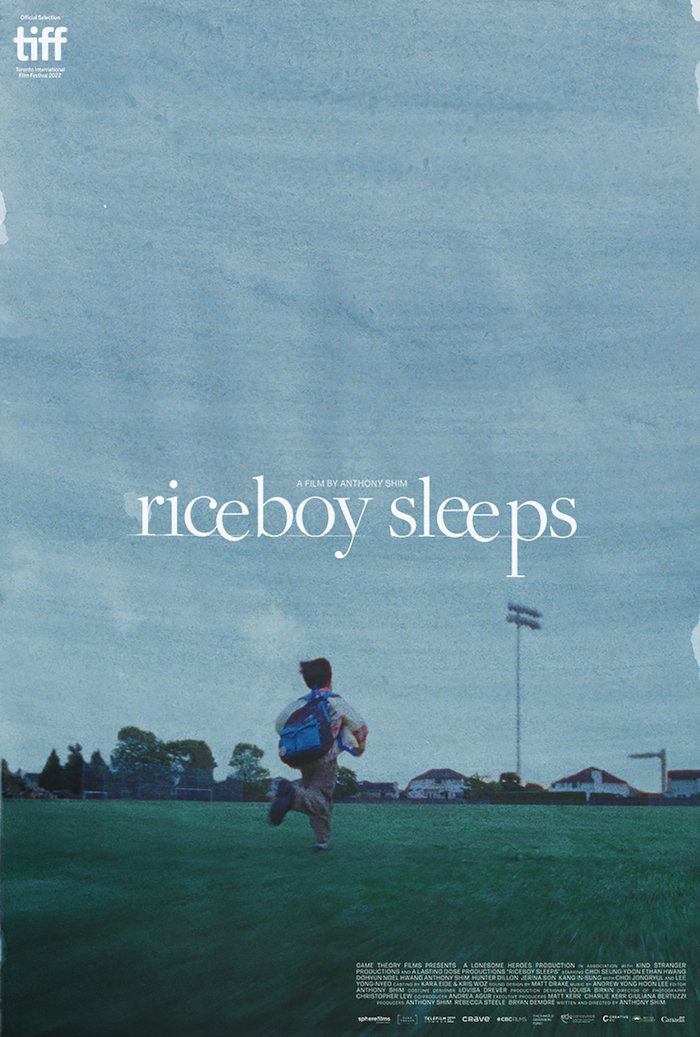
The duo’s trip to South Korea offers more than a change of scenery. The clever expansion of the film’s aspect ratio hints at their deepening emotional journey. The broader frame in South Korea contrasts with their constrained Canadian life, signalling an emotional rebirth. Traditional tales and idioms unique to Korean culture further colour this part of their journey. Each narration, every mountain, and every field they traverse is not just a scene; these are all powerful symbols of reconciliation, understanding, and remembrance.
Meals, Mountains, and Memories
Transitioning to South Korea sees a shift in dynamics during mealtimes for Dong-Hyun and So-young. In Canada, So-young is the nurturing mother, always ensuring Dong-Hyun is fed. Yet, in South Korea, his father’s family graciously assumes this role. Instead of the intimate table setting for two in Canada, they now sit on the floor having a communal meal with family members. The shared meals in South Korea amplify the essence of unity, bonding, and shared heritage.
The spatial arrangement appears meticulously planned, with each adaptation bearing an intentional significance. The mountain in the father’s hometown in South Korea is not depicted as a place where a family member is left to die. Instead, it is a sacred spot to honour and remember the father’s passing. While there is a shared theme of the journey upward, signifying a place where death is an inevitability, the mountain also emerges as a symbol of warm embraces, reconciliation, and understanding between So-young and Dong-Hyun.
In Canada, the term ‘Riceboy’ carries memories of discrimination, but in his home and back in South Korea, it resonates more closely with the Korean term sikku—denoting those with whom one shares a household and meals, essentially meaning ‘family.’ This significance is highlighted especially when Dong-Hyun’s grandfather talks about how he engaged in rice farming; the meticulous care and effort he poured into cultivating the rice serve as poignant reminders that the symbolism of rice in this context is far from superficial – a point that is revealed further in the film.
General Review
Riceboy Sleeps starts poetically with the freshness of a sunrise and culminates in the serenity of a sunset, reflecting life’s cyclical rhythm. It evokes a profound sentiment that our journeys, though individual and unique, are threaded into the vast fabric of human experience, culture, and evolution. The film is also a testament to the intricate dance between two worlds: Canada and South Korea. The film beautifully captures the interconnectedness of these two countries, drawing on shared human experiences of identity, belonging, and heritage. It urges viewers to consider how our individual stories fit into the larger mosaic of human migration and the ceaseless quest to understand one’s place in the world.
About Vancouver TAIWANfest
TAIWANfest is Vancouver’s annual cultural celebration, originally focused on Taiwanese culture. Established in 1990, the festival has grown from a musical concert to include concerts, film exhibitions, lectures, and seminars. It has expanded to engage with various Canadian, Indigenous, and Asian communities. In 2023, TAIWANfest explores the impact of Dutch colonization in 1662 and its relevance to global colonial legacies, prompting reflection on cultural narratives and their transmission through generations.

